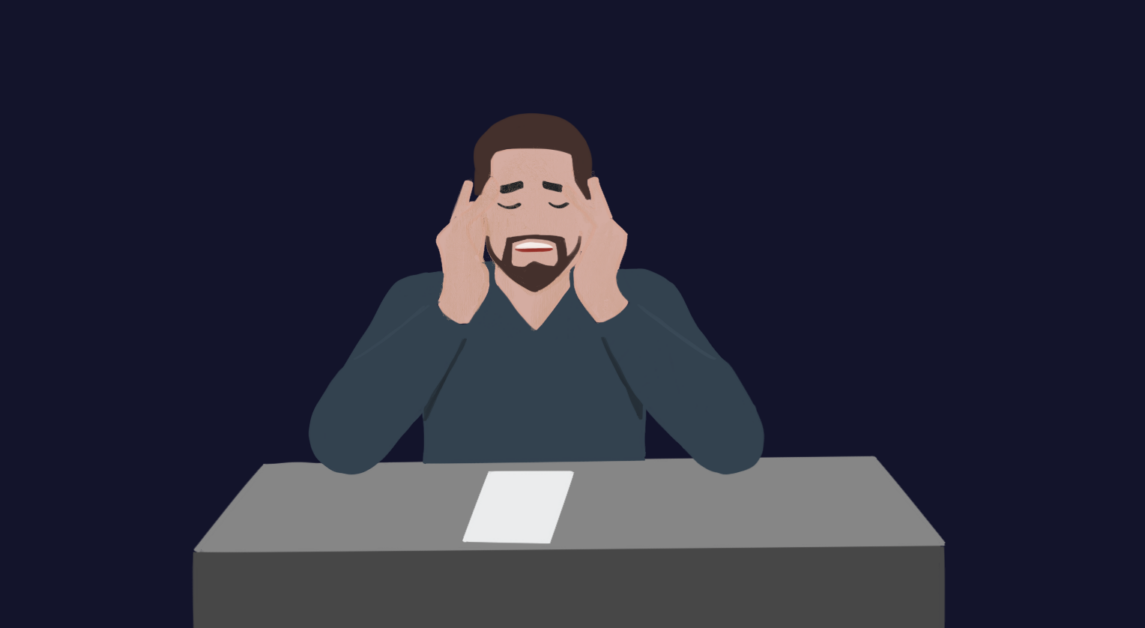As an education dork fascinated by policy issues, I recently spent a lot of time reading about the Common Core. For those of you who haven’t heard of it, the Common Core is a set of academic standards and learning goals that outline what a student should know and be able to do at the end of each grade. Forty-four states voluntarily adopted and are moving forward with the Common Core. The standards have also been a cause of controversy, however, as many states feel as though they represent an attempt by the federal government to gain control of what has always been a state’s right-namely, the ability to set a statewide curriculum. In this vein, the Common Core made news this week, when Indiana became the first state to drop out.
What inspired me to write my column this week was not the debate about the Common Core, the fact that Indiana opted out, or my own personal interest in the topic. Instead, what motivated me was my shock at turning on my computer the morning Indiana dropped out and realizing “Common Core” was trending on Facebook.
When people hear I’m interested in education policy, they inevitably ask me what I would change if I had the power. The first thing I always say is that I would make people pay attention to the issues. As a society, we largely ignore the problems in our own education system, aided by a Congress that continues to push discussions about our nation’s education system onto the back burner, despite the fact that these discussions could be some of the most important for our country. When the 113th Congress returned for its second year in January, nearly every major education law remained overdue for reauthorization-a fact which hasn’t changed since and shows few signs of doing so in the future. The most well-known among the pending legislation is the reauthorization of the Elementary and Secondary Education Act, or “No Child Left Behind,” which has been pending renewal since 2007. The Higher Education Act was last renewed in 2008, and the primary law governing special education-the Individuals with Disabilities Education Act (IDEA)-was last amended in 2004. Even the list that the Department of Education provides on its website of laws governing education policy in this country hasn’t been updated since 2002.
And, for the most part, no one is talking about it.
I was optimistic in 2012 when the issues related to education policy in America were addressed early in the first presidential debate. Unfortunately, that excitement quickly faded as I rarely heard the topic broached again and, on the rare occasions that it was, it was not what my friends or the people around me were talking about the next day. On the one hand, I understand how it happens. Our country has a fair number of problems to address, and I’m not narrow-minded enough to think that more immediate issues of debt, foreign policy, and unemployment should always take a backseat. Nevertheless, I also firmly believe that we could benefit from a more concerted effort to look beyond the immediate. Education policy change is not going to be easy. It’s not going to happen quickly, and it’s definitely not going to happen within some politician’s four-year term. A dedicated effort to make positive changes for future generations, however, will not only alter the face of education for our children, but also will likely help us solve many of the problems we see as more immediately pressing.
Thus, once I had pulled my stunned self off the ground, I realized that with my shock over seeing the Common Core trending on Facebook came another emotion-hope. I’m glad that people are inspired to talk about the Common Core. It’s a debate that could be critical to the future of education in this country. To me, however, the enthusiasm surrounding the conversation means more than the actual standards. It demonstrates that issues related to our education system are still important to the voting public and that people are still looking for change. As someone who still wants to retain faith in democracy, I believe that, if we can just expand this popular interest to other issues in addition to the Common Core, this change may just be in our future.












